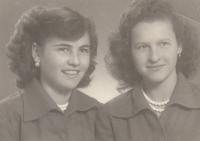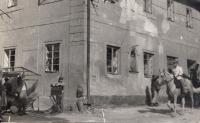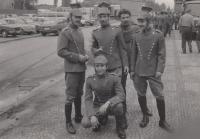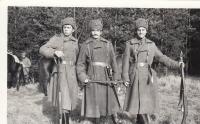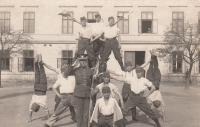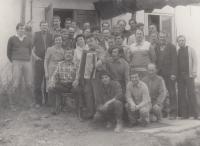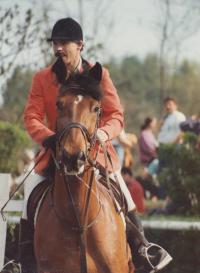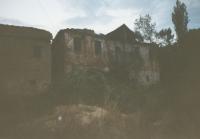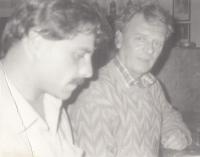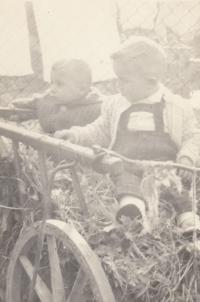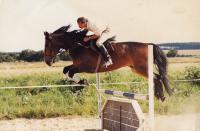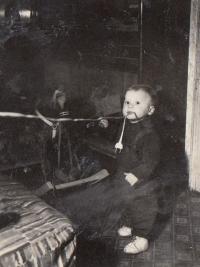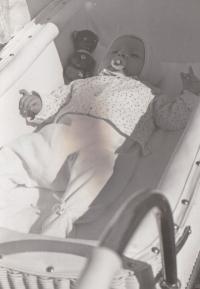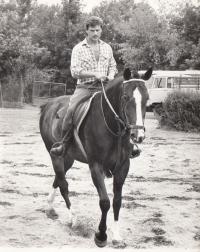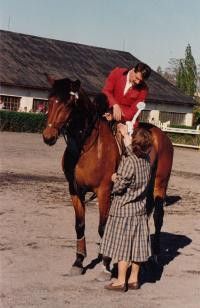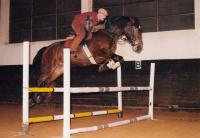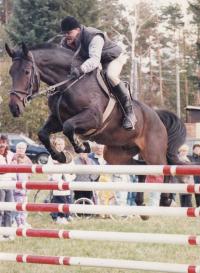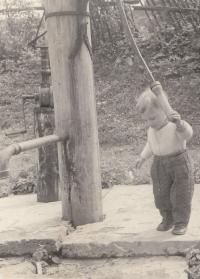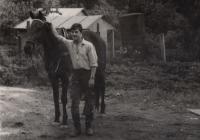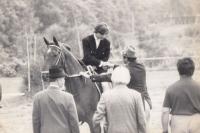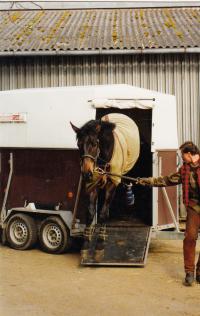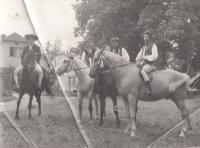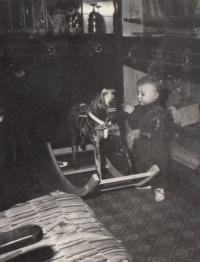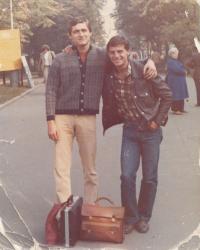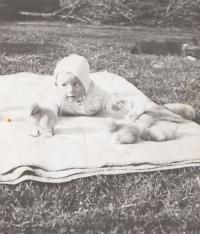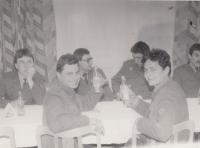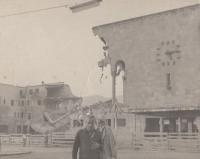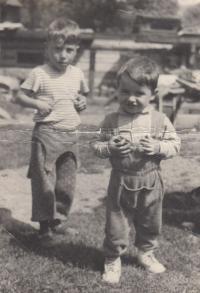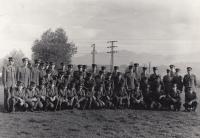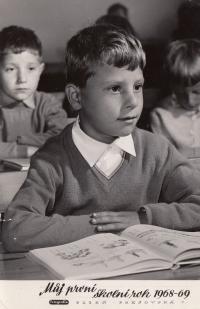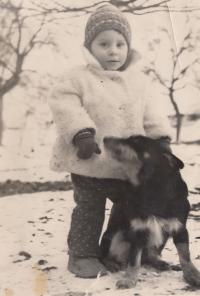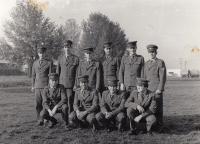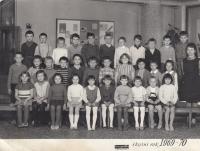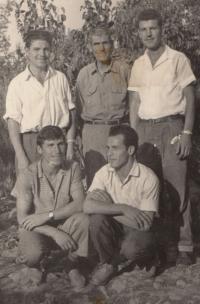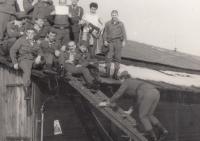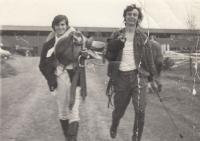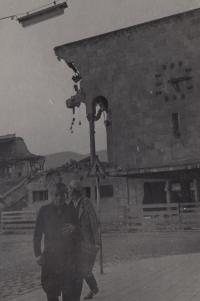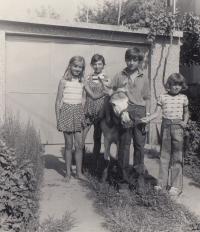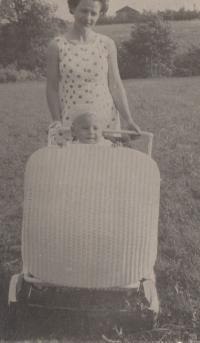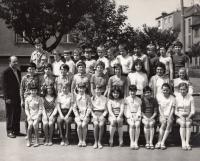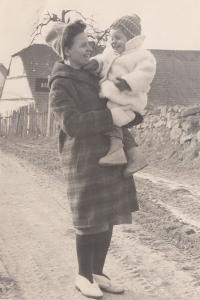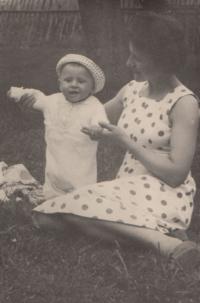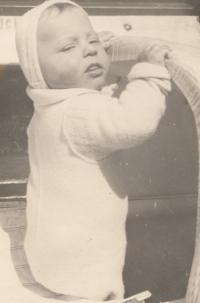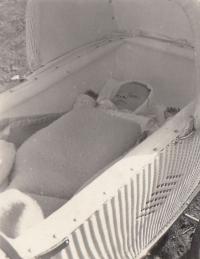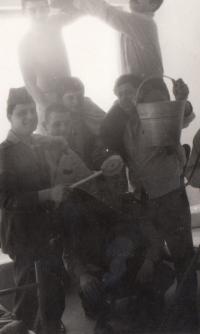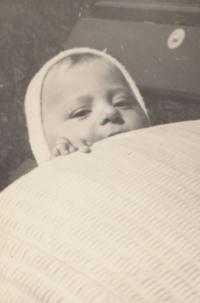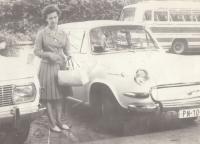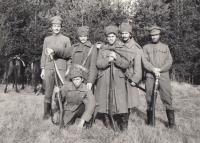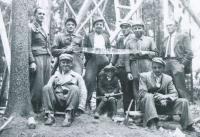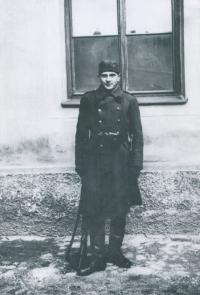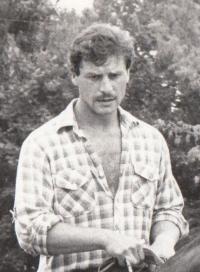Against the regime, I protested in a Gandhi-like way

Stáhnout obrázek
Jan Hrad was born on September 30, 1961 in Pilsen. After twelve years of civil war in Greece his mother fled to Czechoslovakia. His father came from the Šumava region. In the dramatic year 1968 the witness attended the first class of grammar school. He had heard the sound of Soviet aircraft and omnipresent tanks. In the 1970s he began to devote himself to his great love, the horseriding. He did not finish an evening industrial school, where he was accepted as a cadre reserve. First, he refused to join the communist party, and in 1977 he had to start working in Pozemní stavby. In 1979 he started the obligatory military training in Valašské Meziříčí. He was then transferred to Liptovský Mikuláš. Since 1981 he had continued to work at Pozemní stavby. Due to the incident during the repairs with the former communist party headquarters in Pilsen, he had to leave the job. He returned to training racing horses. Thanks to his riding talent, he acted in a number of movies and fairy tales. He belonged to signatories of the anti-regime petition called Several Sentences. In November 1989 he participated in anti-regime demonstrations in Pilsen. After the fall of the Iron Curtain aong with his mother he visited her native land several times. In 1995 he began working at the emergency services of the Plzeň Waterworks, where he has been working until today. He continues to teach riding and devotes himself to other hobby, which is literature.

